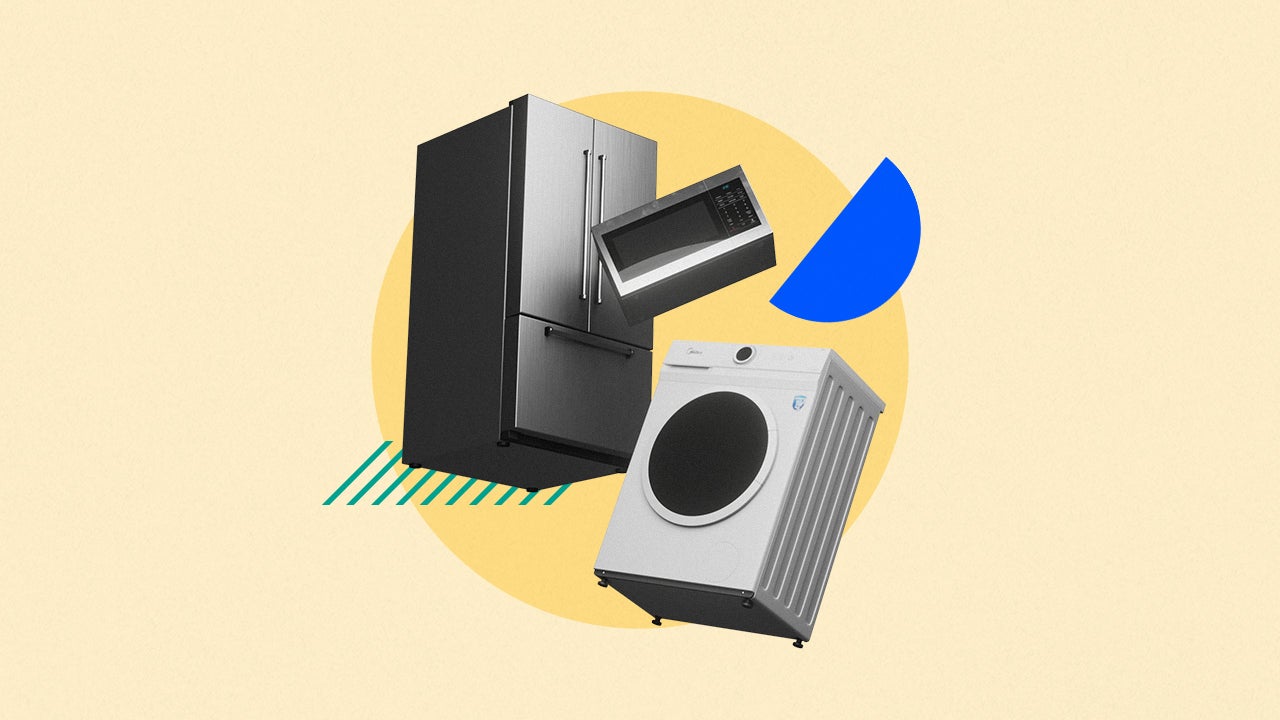Does insurance cover remote workers during the COVID-19 pandemic?

For a majority of the population, the COVID-19 pandemic has had a significant impact on their lifestyle. Although the vaccine is being distributed, we still have a long way to go until things return to “normal.” And with new COVID-19 variants being discovered, we continue to learn just how contagious the virus really is.
Over the last year, many people have started working from home to minimize exposure and slow the spread of the virus. Data from June 2020 showed that a staggering 42% of U.S. employees had transitioned to virtual work. This new era of remote employment not only affects your day-to-day job but also impacts other areas of your life.
For example, working remotely may determine what type of residence you want to live in. Maybe you want a house with a dedicated office space or a quieter apartment with better internet access. It can also affect your transportation situation. Without a regular commute into the office, maybe you are thinking about selling your car and using a rideshare service to get around town.
The bottom line is this — people are spending more time in their homes and less time in their cars. Naturally, this will affect your auto and homeowners insurance needs. If you are still working remotely during the pandemic, it is important to understand what insurance does and does not cover when you are working from your home.
Is there an increased risk to insurance claims from working remotely?
During the pandemic, many companies have found it beneficial to offer fully remote options. In addition to gaining access to more applicants, productivity has consistently increased. On average remote employees work 1.4 more days in a month. This has prompted some companies to transition to fully remote options by either closing their offices altogether or offering more long-term remote positions.
Because of this, as of this year, a large percentage of employees continue to work remotely. Data from Upwork found that nearly 42% of the American workforce who started working remotely due to the pandemic are still working from home. During this time, many people have also realized the benefits of working from home, like flexible schedules, no commute, better work-life balance and more time spent with family.
Whether you are a temporary or permanent remote employee, it is important to understand the insurance risks when working from home. For example, you assume a higher risk when clients visit your house to drop off paperwork, or when you use your personal vehicle to make a delivery. Claims are not necessarily more likely to happen because you work from home, but you may not always have the full protection of your employer’s insurance, which can put you at risk of gaps in insurance coverage.
In many cases, you are covered by your home insurance policy or your employer when you work remotely. However, both policies have gaps in coverage, so not every type of claim is covered. A client injury on your property might be covered, but depending on the circumstances, you could be found liable.
When you work in an office, your employer provides protection if injured at the office or there is damage to company tools, like your computer. When you work from home or in any location that is not your employer’s designated workspace, the lines are blurred, and that can leave you vulnerable to certain risks.
What does my homeowners insurance cover when working remotely?
Your homeowners insurance will cover you when working from home, but there are exceptions.
For instance, personal property used for business purposes is usually subject to much lower coverage limits than what your policy typically covers for other personal items. Business equipment coverage generally only covers up to $2,500 in losses. When used outside your home, damage to equipment may not be covered at all or have even lower coverage limits, so speak to your agent about this risk. A home policy endorsement may be helpful to increase policy limits and coverage options.
For example, imagine that an electrical fire starts in your home office and damages the computer, printer and desk you personally purchased and used for work, causing $5,000 in losses. In this case, you would only be eligible to receive up to $2,500 in insurance compensation, minus your deductible. Depending on your deductible, you may end up paying even more out-of-pocket to replace your items.
However, this situation might be different if your employer purchased the computer for you. Typically, any business equipment that is provided by your employer and is approved for home use is covered by them.
As mentioned, homeowners insurance also has limited coverage for liability when you are working from home. If clients are coming to and from your house, your home insurance policy likely will not cover accidental injuries or medical expenses. And your employer’s liability insurance policy may not extend to your home like it would cover you at the office.
But again, there are exceptions. Many business insurance policies cover remote worker liability, but employees are expected to maintain a safe working environment. If a client slipped on the snowy walkway leading up to your house that you failed to shovel, an injury claim might not be covered.
Ultimately, every insurance policy includes slightly different coverages, and some policies are more comprehensive than others. If you are a remote employee, it is a good idea to check with your HR department and your homeowners insurance company to see what coverages apply to remote employees.
Is my car insurance affected when working remotely?
Working remotely can also affect your car insurance needs. If you are using your personal vehicle to visit clients or make deliveries, you are probably not covered by your personal car insurance policy. Remote employees who use their personal vehicles for work-related purposes should be covered by their employer’s insurance policy.
If you are working remotely and have no need to commute into the office, you might decide to drop certain coverages, like roadside assistance, to save money. This is because you may feel there is less risk of an accident if you are driving less often. Be careful though, because reduced risk does not mean no risk. If you do get in an accident, you want to make sure you have the right coverage.
Instead of reducing your coverage, you should check with your insurance carrier to see if you are eligible for more car insurance discounts. For example, driving infrequently may make you eligible for a low mileage discount.
To qualify for this discount, you need to drive under a certain number of miles each year. The exact mileage varies, but it is usually 10,000 miles per year or less. To claim this discount, your insurance provider will likely ask for the car’s odometer reading (usually located near the gas gauge). At the end of the policy period, you will report the new mileage reading. As long as you are under the maximum mileage, you will likely keep the discount.
What steps should I take to ensure I am covered?
It is essential for remote workers, both temporary and permanent, to reduce their risk with the right home and auto insurance coverage. Start by contacting your insurance company to notify them of your new working situation. Find out what your policies cover and do not cover when you work from home or use your personal vehicle for business purposes.
If your insurance provider does not offer the type or amount of coverage you need, shop around for a different auto insurance or home insurance carrier. You might be able to find an insurance company that offers the right coverage, and at lower rates.
If you need to raise your coverage limits or purchase add-on policies, there are ways to offset the higher premium expenses. For example, if you need to buy a business property endorsement, see if you can take advantage of unclaimed discounts or adjust your auto insurance coverage if you are driving infrequently.
The bottom line
Remote work has become the norm since the start of the COVID-19 pandemic. But do not assume that your personal insurance policies or your employer will provide adequate coverage in the event of a claim at home or while in your car. It is a good idea to contact your insurance company and HR department to find out what is and is not covered to make sure you are protected.
You may also like

Does pet insurance cover pregnancy or breeding?

Does homeowners insurance cover wood stoves?

Does homeowners insurance cover air conditioning (AC)?

Does homeowners insurance cover appliances?

